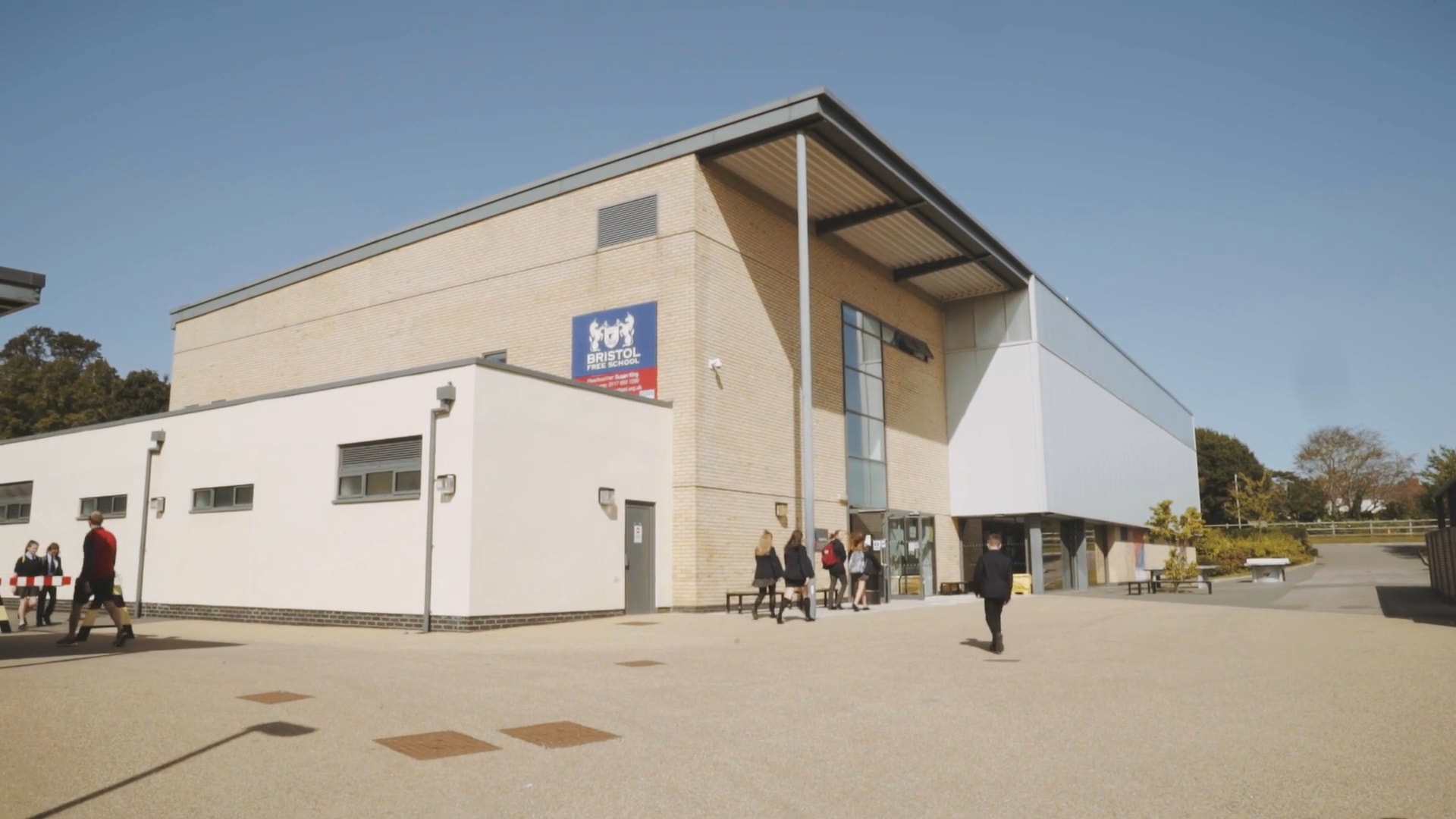
In this unit, students will learn micro python using microbits programming. Students will implement skills learnt in term 1 in this unit. Student will design various games/programs using buttons, accelometer and LEDs. Students will also generate music using microbits.
Practical assessment & quiz
- Promote collaboration and problem solving - Encourages open-mindedness, self-assessment, and resilience alongside developing the key computational skill. - Encourages students to develop and explore their problem solving skills.
– Think and produce work that reflects the needs of diverse audiences within our community and the wider community
Students are introduced to Python, a powerful but easy-to-use high-level programming language. In this unit, students will write and execute programs in Python using www.repl.it. They will learn about the basics of displaying messages, assigning values to variables, and receiving input from the keyboard. Students will gain a deeper understanding of assignment, explore arithmetic expressions and calculations, learn about randomness, using selection, and iteration in their Python programs. Throughout the unit, students will develop the skills required in small programs in preparation for developing up to two larger programs - a guess the number game and a multiple choice quiz.
Practical assessment
Encourages students to develop and explore their problem solving skills.
working in group in paired programming, sharing responsibilities and ideas with each other.
This unit will enable pupils to create a complete app with full takeaway functionality on an iPhone, Android, Windows or Blackberry smartphone as well as a desktop web browser in class. Pupils will plan and implement their own projects using skills from a teacher demonstration app which creates a guide to the Periodic table including image galleries, video, interactive maps, and web links. Pupils will also be able to program extensions to their own apps using the built-in language Blockly.
Students will be assessed by the App they have created.
Students will get opportunity to focus on digital literacy by: - Researching apps - Designing and developing mobile apps - Writing contents for the apps - Designing menus, hyperlinks and databases
Think and produce work that reflects the needs of diverse audiences within our community and the wider community. Students will get opportunity to create apps which can help wider community and address issues in their local community.
Students will learn about data representation in computer science. Students will learn how text, images and sound are converted into binary in computer system. Students will also get introduction of hexadecimal numbers.
Key task assessment on binary conversations.
Encourages students to develop and explore their problem solving skills.
In this term Students will spend two lesson on CareerPilot and then will be introduced to digital literacy and Computer models. Students will create a financial model and learn what if scenarios, conditional formatting and validation along with macros and charts.
Students will be assessed practically by demonstrating their spreadsheet modelling skills at the end of the unit.
Students get opportunities for reflection of awe and wonder about the achievements in ICT today and the possibilities for the future
Think and produce work that reflects the needs of diverse audiences within our community and the wider community.
In this unit, students will use revisit software development and use the Turtle module in Python to develop problem solving skills. Throughout the unit, students will further develop their planning and designing skills to plan and develop a number of programs in Python, using their testing skills to debug the program. Students will provide evidence of the code and the program running and of testing conducted and ending with an evaluation. This unit will enable students to demonstrate their ability to think ahead, think creatively as well as use problem solving, literacy and organisation skills to produce a written report which shows the progress through a project including how errors and obstacles were solved.
Practical assessment on Python graphics
Students get opportunity to visualise, reflect, design and develop. Graphics helps students to explore aspects of real and imaginary situations
Encouraged to develop their team working skills through collaborative work and research.